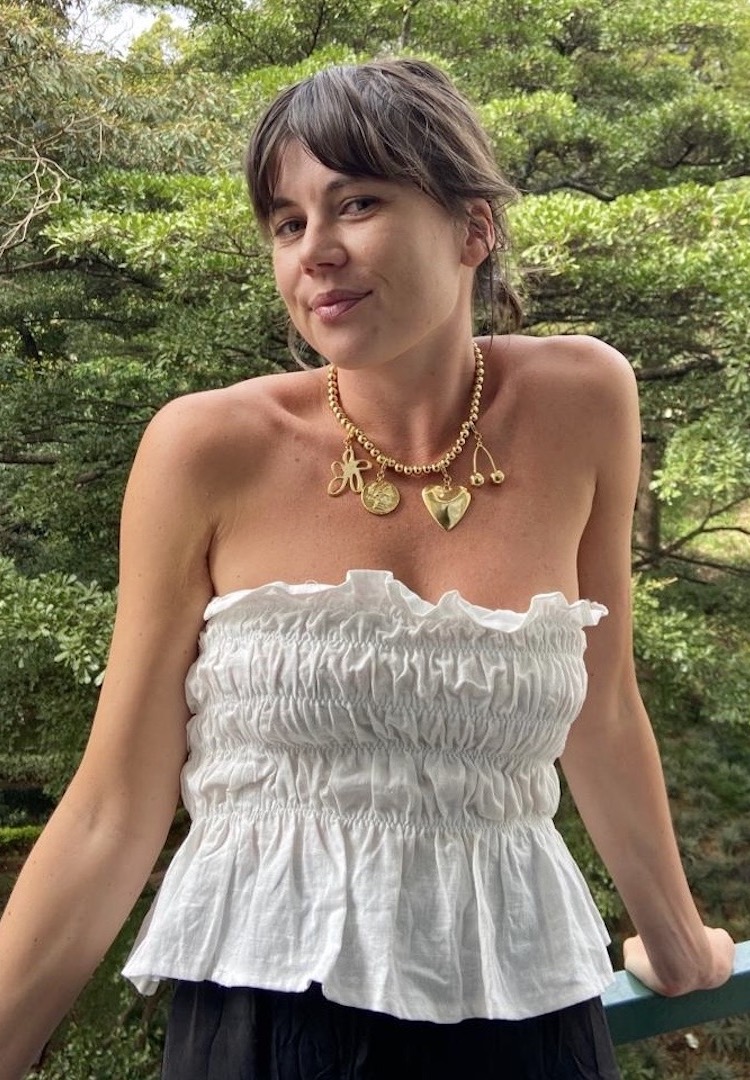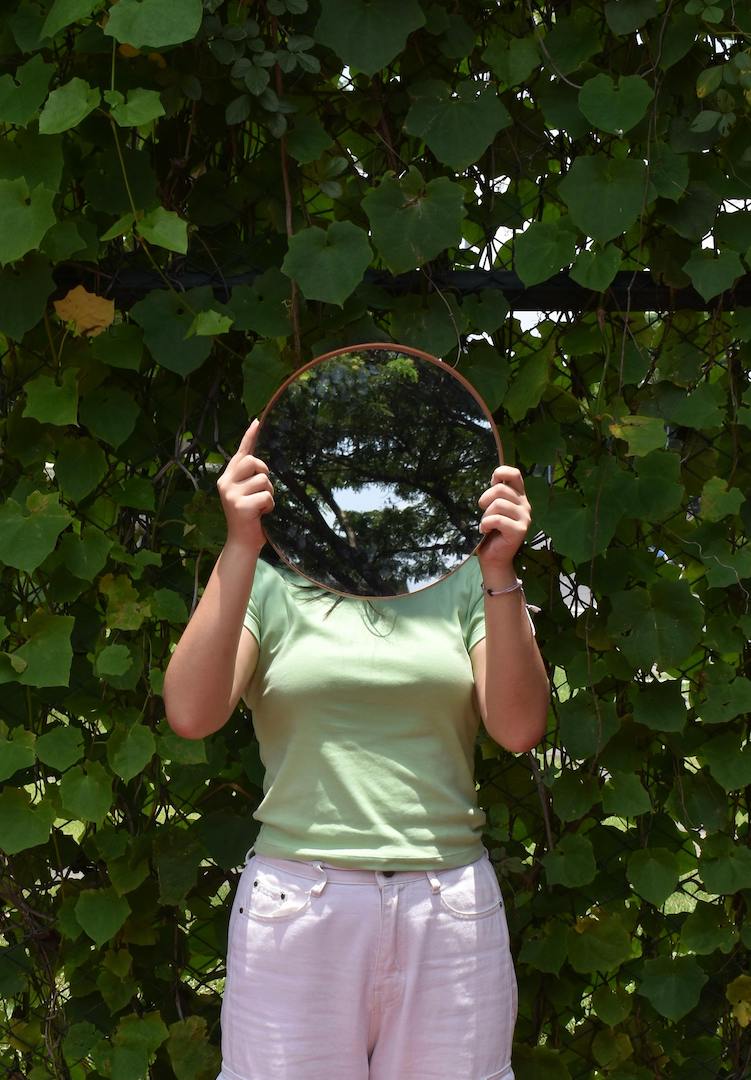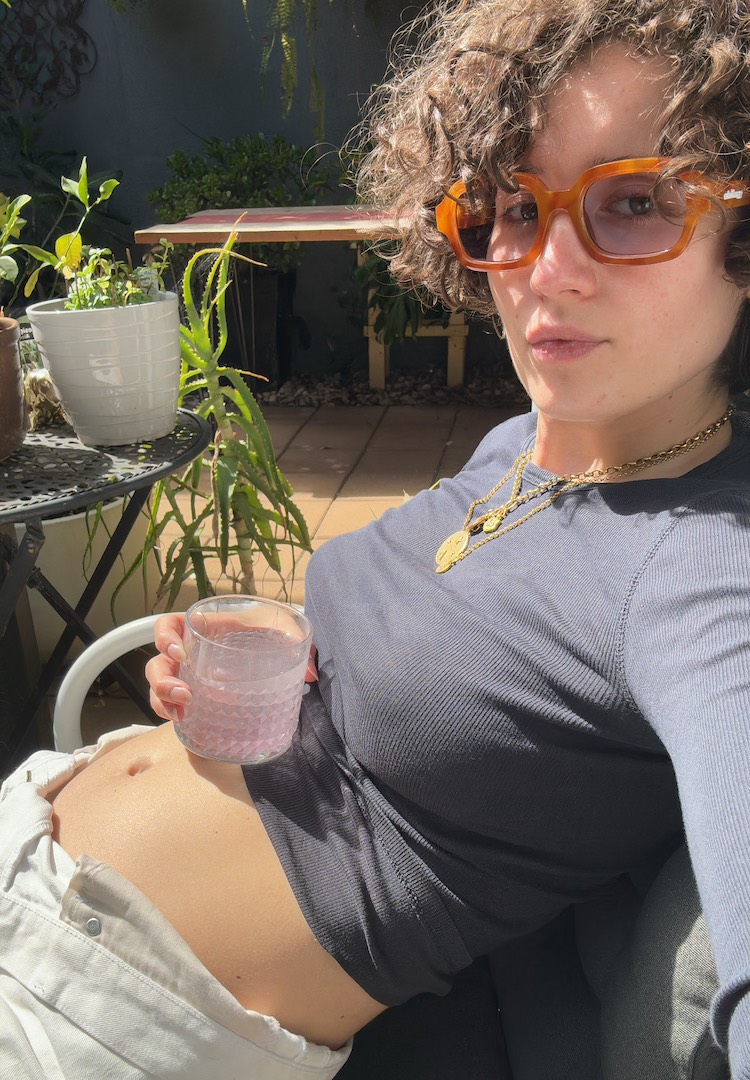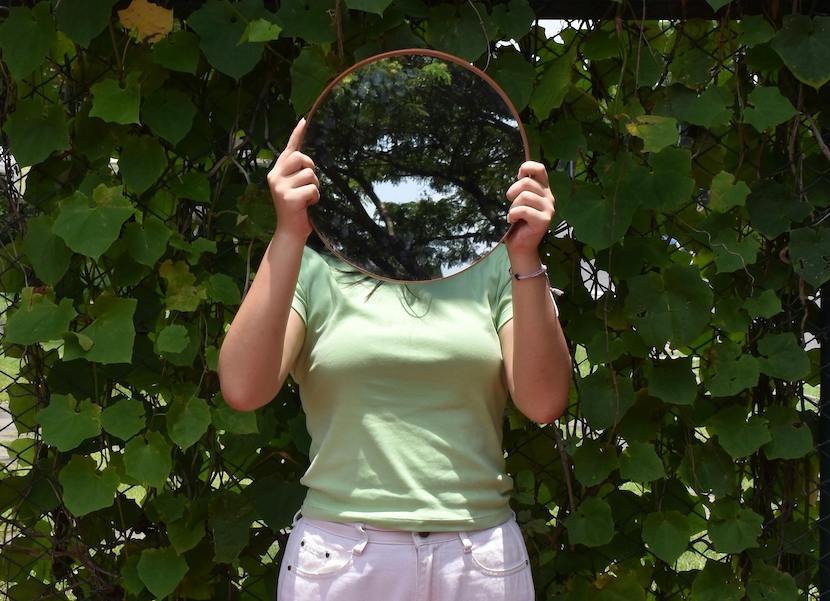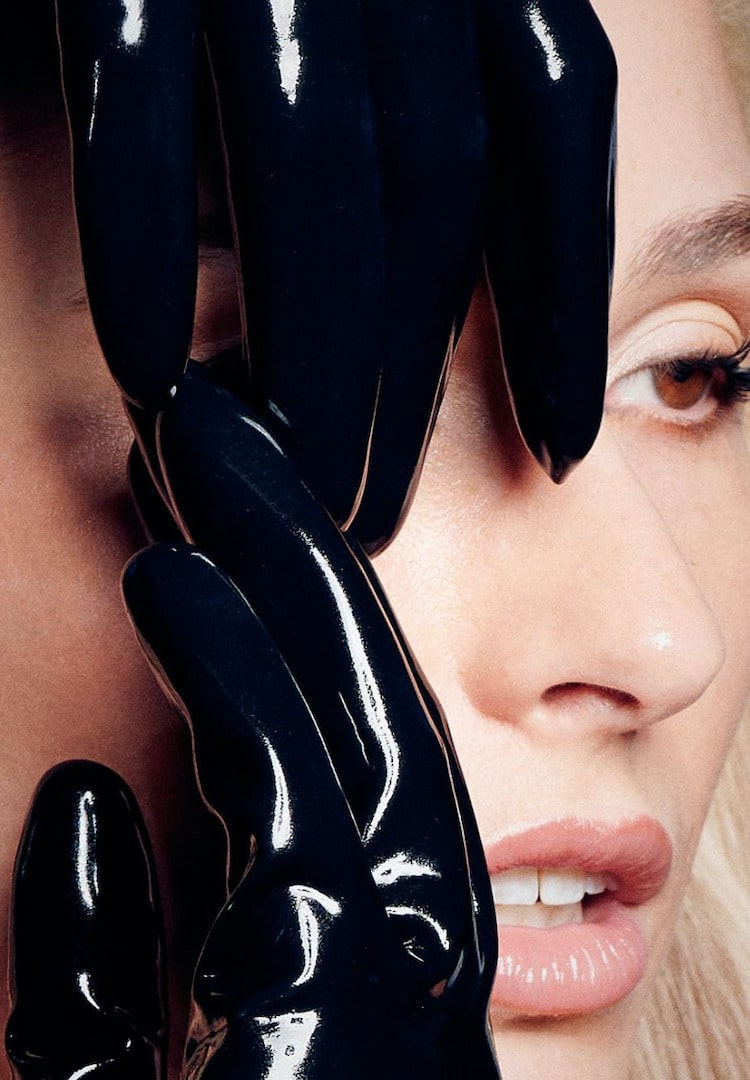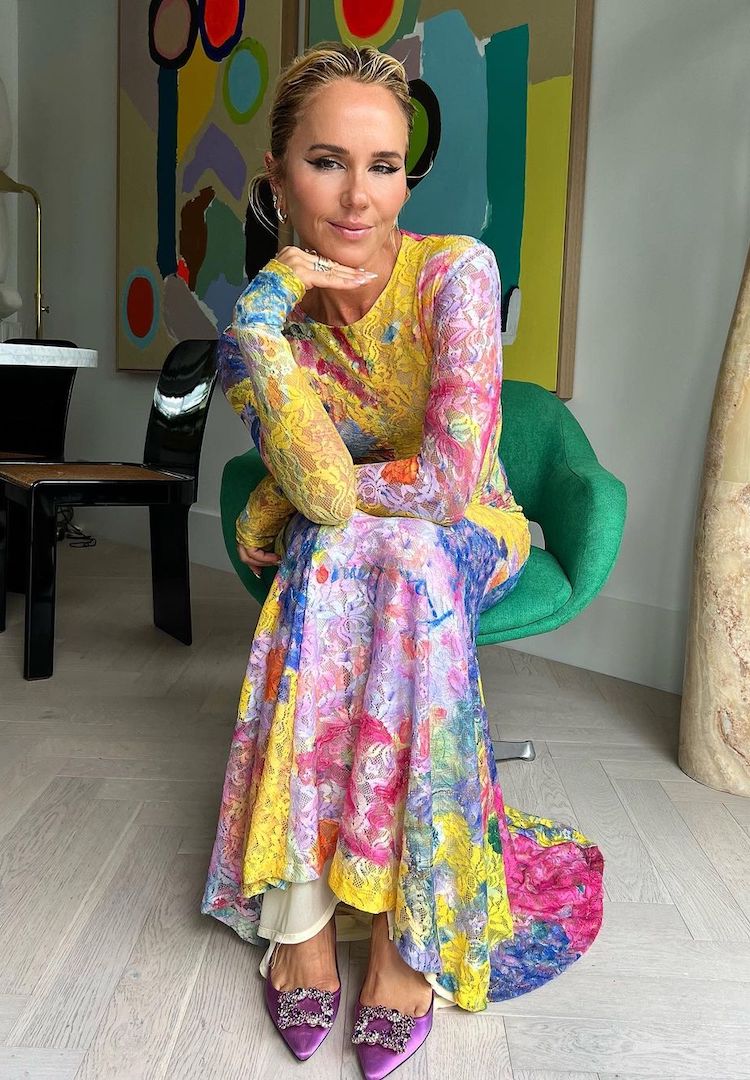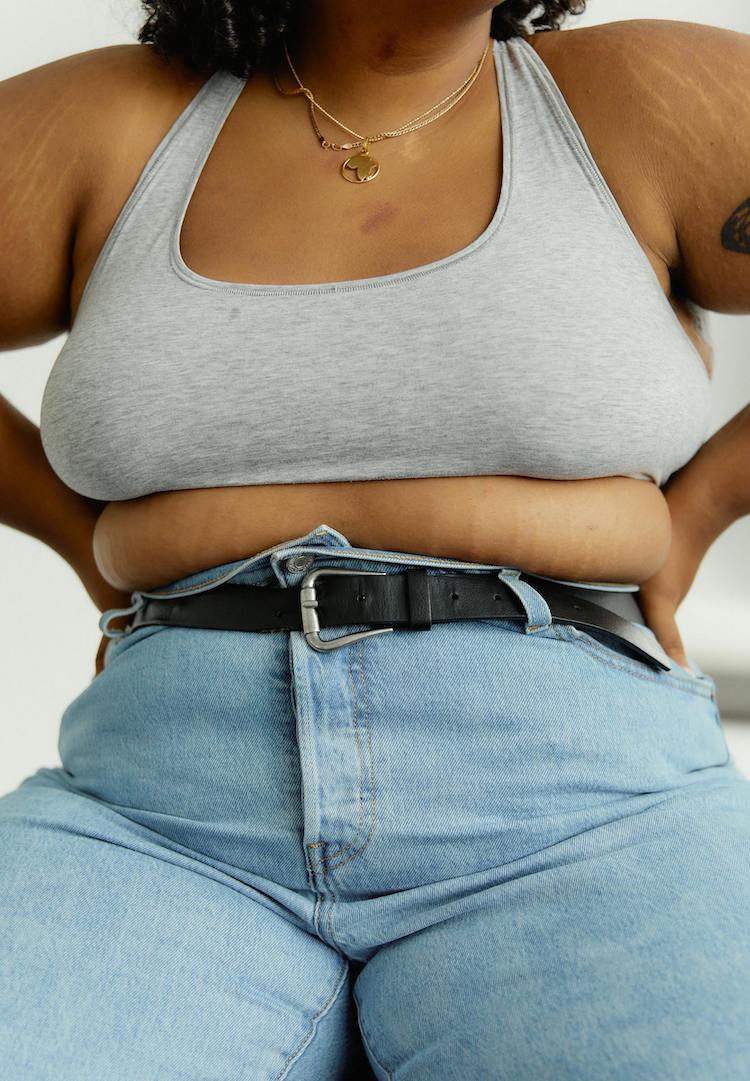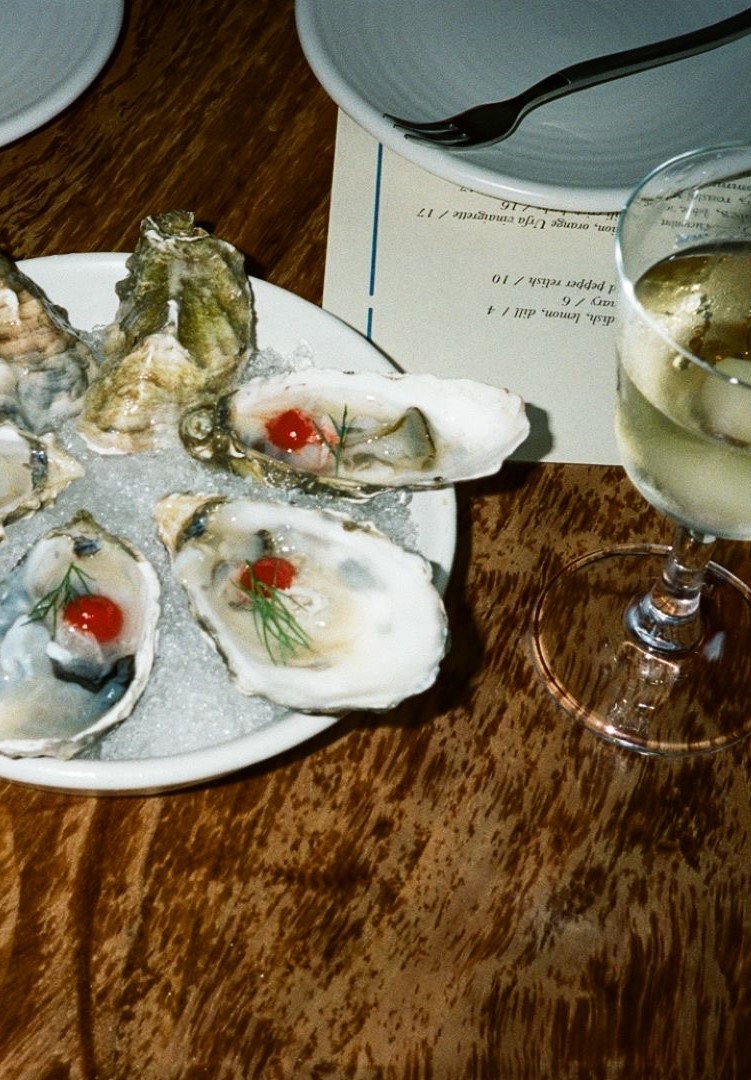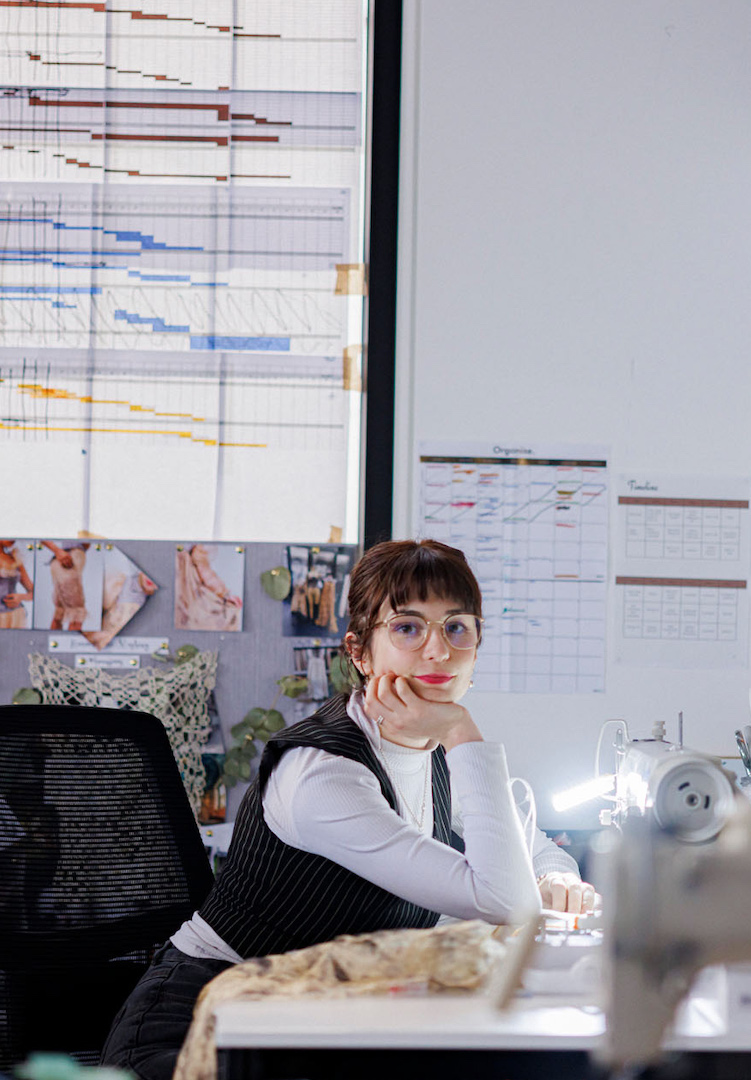How I learnt to separate romantic rejection from my self-worth
WORDS BY Celine Hosea
“I knew his point was valid and it wasn’t personal. But emotionally, I couldn’t stop feeling like it was because of my flaws.”
When I asked him the question, I knew deep down what the answer was. Still, I needed to hear it from him. He said he found me objectively attractive, but that he didn’t have feelings for me. I should have left it at that. But it grated on me. So, I asked “Why? What did I do wrong?”
He simply answered, matter-of-factly, that we had no overlapping interests. I knew his point was valid and it wasn’t personal. But emotionally, I couldn’t stop feeling like it was because of my flaws. I began to hyperanalyse everything he’d said about me in the past. Now, I interpreted “You’re badass because you’re creative” as “I couldn’t compliment you on anything else but creativity and even that’s a euphemism for dreamy and directionless.” Clearly, I was spiralling.
For more content like this, tap through to our Life section.
Regardless, it didn’t change how real it felt. I wasn’t good enough. I tried to figure out what the problem was. He said he found me pretty, so the problem wasn’t physical. He said I was smart, so the problem wasn’t intellectual. If it wasn’t my appearance, intelligence or financial status that was the problem, it must be… my personality.
And that felt crushing. I knew hard work and grittiness were strong values of his and I decided maybe I didn’t live up to expectations. “Was it love you sought after, or was it approval?” my therapist asked. “I think I wanted recognition,” I replied. I admired him and respected his opinions.
I felt inspired by his work to overcome his financially underprivileged upbringing. I felt it parallel to my – despite being financially privileged – traumatic childhood, struggles with mental health, neurodivergence and experience with sexual assault. I felt guilty subconsciously imposing this unwarranted demand on him; needing his approval when he didn’t owe me anything.
Other people typically don’t see the progress you’ve made – where you started from, the tremendous work involved in overcoming trauma, your ‘unique’ family situation and all the nuances involved in existing as a living, breathing, feeling human being. Seeking approval means asking someone to accept us for who we are.
It’s an attempt to convince someone we’re good enough. The root of self-hatred isn’t in masochism but in perfectionism. We’re perpetually running on an endless treadmill of expectations. The assumption that we’ll feel okay after we reach ‘one more goal’ is an illusion. There’ll always be new hills to climb.
Everything is plagued with opportunity cost. If you’re getting plastic surgery to improve your physical appearance, you might compromise your career progress by taking leave from work. If you’re working extended hours, you might compromise your mental health and relationships. In fact, what does it even mean to be the ‘best version of ourselves’?
Why does self-love never work?
A common suggestion is to ‘practice self-love’. But I’ve never felt like that worked for me. “The cure for self-hatred does not lie in heightening self-love, but in fostering self-acceptance,” Alain de Botton writes. Sometimes I feel ugly, but that’s okay. Everyone feels ugly sometimes and even the people at the pinnacle of society’s beauty standards have their off days.
A self-accepting person deals with their off days in good humour, with a sophisticated stride. We have flaws, but it’s important to remember the right person will look past these. The right person will recognise how far you’ve come and know you’re trying your best every day.
“To be human is to err, to fail, to be foolish, to have ugly sides, to make mistakes, to age, to die and along the way, never to be far from ridiculousness, fatuousness and idiocy,” Alain de Botton writes. “These are not criticism of any one person or matters for individual reproof; they are facts about the human race.”
All rejection means is there are key needs and wants the other person has that aren’t being fulfilled. As Dita Von Teese said, “You can be the ripest, juiciest peach in the world, and there’s still going to be somebody who hates peaches.” Phrases like “find someone who deserves you” are self-defeating. It frames rejection as meaning you’re deserving or not deserving, instead of compatible or not compatible.
Instead of asking why you ‘aren’t enough’ for someone, ask yourself what you stand for. Do you live your life aligned to your values? What values do you have to offer to the world? As Heather Havrilesky writes, “Happiness is knowing what you have to offer. You don’t need someone outside of you to tell you what you have to offer. You don’t need love and validation in order to know your path. You aren’t missing a piece.
“This collapsed, rusted-out place where you are right now is beautiful. You are surrounded by your broken, dented, fucked-up gifts. Nothing is perfect. Do what you can with what you have. Build something out of this precious junk. Build something ugly and frightening and divine.”
For more on dealing with romantic rejection, head here.

